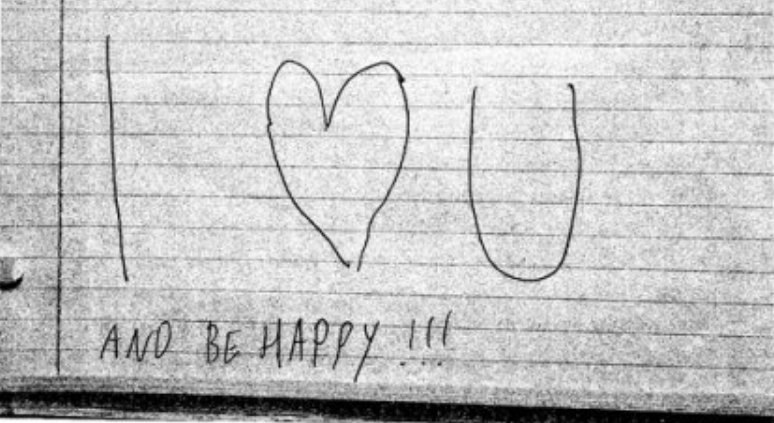Behind the song that has inspired over 100 suicides

In 1933, two Hungarian songwriters — both heartbroken over the loss of their sweethearts — wrote a minor-key ode to despair named ‘Szomorú Vasárnap’, or ‘Gloomy Sunday’. The lyrics deal with lost love and the decision to end one’s life. It was unsuccessful until 1936 when a version of the tune by Pál Kálmar became blamed for a spate of suicides in Hungary, each with links to the song: either the record sitting on a player near the body of the deceased, or its lyrics included in suicide notes.
The Hungarian Government reportedly banned the public performance and sale of this tune, although as myth-busting site Snopes points out, this link may have been inflated, or since spun into urban legend – Hungary has the highest suicide rate in the world, and news reports from the time were largely destroyed during the war.
Nevertheless, the story caught fire, and many American artists recorded their own versions of the song, spreading the mayhem further. Billie Holiday recorded what was became the most popular version, and her heartbreaking take on the gloomy, albeit less-impactful English translation was reported to have inspired numerous other suicides.
Her version was promptly banned by the BBC in the early ’40s, as it was “too upsetting”. They also decreed that only instrumental versions of the stirring track would be played.
Here are the English lyrics:
Sunday is gloomy, my hours are slumberless.
Dearest, the shadows I live with are numberless.
Little white flowers will never awaken you,
Not where the black coach of sorrow has taken you.
Angels have no thought of ever returning you.
Would they be angry if I thought of joining you?
Gloomy Sunday.
Gloomy is Sunday; with shadows I spend it all.
My heart and I have decided to end it all.
Soon there’ll be candles and prayers that are sad, I know.
Death is no dream, for in death I’m caressing you.
With the last breath of my soul I’ll be blessing you.
Gloomy Sunday.
Dark. One suicide the song certainly inspired was that of one of the songwriters — Rezso Seress — who jumped from a Budapest window in 1968. The legend goes that he found out the women who inspired the song poisoned herself, leaving a note with only two word: ‘Gloomy Sunday’.
Seress wrote of the song: “I stand in the midst of this deadly success as an accused man. This fatal fame hurts me. I cried all of the disappointments of my heart into this song, and it seems that others with feelings like mine have found their own hurt in it.”
The article was originally published on The Industry Observer




.jpg)